Positive changes
Ms. Nguyen Thi Thuy Nhi, Deputy Director of the Department of Agriculture and Environment of Can Tho City, said: “Environmental protection is a key and consistent task in the planning and socio -economic development plans of Can Tho City. The city always identifies environmental protection as the goal and basic content of sustainable development, so the locality always pays attention to and actively implements policies and laws on environmental protection. In particular, since the Law on Environmental Protection 2020 was promulgated, the city has proactively developed plans and organized the synchronous and effective implementation of environmental protection work. In the period of 2022-2024, environmental management continues to have many positive changes, environmental quality is improved, awareness of compliance with environmental protection laws of people and businesses is enhanced, the capacity to treat wastewater and solid waste is gradually improved, the work of inspection, examination and handling of environmental violations is promoted and put into order”.
Household waste has been scattered and left for many days at the An Binh resettlement area, causing environmental pollution and ruining the urban beauty (photo taken at 10:30 a.m. on August 14).
According to the Department of Agriculture and Environment of Can Tho City, in recent times, the city has integrated environmental protection contents into the Master Plan for the period of 2021-2030, with a vision to 2050, resolutions, and the local socio-economic development plan for the period of 2021-2025; many tasks and projects in the environmental field have been deployed to effectively implement the Law on Environmental Protection... In the period of 2022-2024, Can Tho City has allocated the state budget, from the environmental career source, more than 1,243 billion VND for environmental protection activities. At the same time, the local budget for environmental protection has increased or decreased depending on each period, ensuring not less than 1% of the total annual budget expenditure. Environmental career funds in recent years have been spent in accordance with the Central Government's guidance, promptly meeting local environmental protection requirements. Environmental protection tasks are also arranged from other sources such as development investment, economic career, science and technology, ODA capital and national target programs.
Ms. Nguyen Thi Thuy Nhi added that in addition to the above activities, the city (including 3 old localities: Can Tho City, Soc Trang Province, Hau Giang) also increased investment calling activities, promoted socialization of investment in the field of environmental protection and international cooperation. Thereby attracting many resources for environmental protection activities, typically Greenity Hau Giang One Member Co., Ltd. invested in building a waste-to-energy plant with a capacity of 600 tons/day in Hoa An Commune, with a capital of about 1,320 billion VND; EB Can Tho Environmental Energy Company invested and operated a domestic waste treatment plant with a capacity of 400 tons/day, generating capacity of 7.5MW; currently, the city continues to call for investment in many projects to build infrastructure for solid waste and wastewater treatment in industrial parks and clusters and actively attract resources from international cooperation activities.
Up to now, the city has collected and treated 85.8% of domestic solid waste according to regulations, treated by incineration, power generation, sanitary landfill combined with composting. Currently, the city has 10 industrial parks (2 of which are under construction), of which 7/8 industrial parks in operation have built centralized wastewater treatment systems (reaching a rate of 87.5%), of which 5/8 industrial parks have installed automatic, continuous wastewater monitoring systems and transmitted data to the Department of Agriculture and Environment according to regulations. For industrial parks that have not invested in centralized wastewater treatment systems, enterprises that have not connected to the centralized wastewater treatment system must invest in building wastewater treatment systems that meet Vietnamese standards, and must have an approved environmental protection plan or environmental license before they can discharge waste into the environment or into receiving sources.
For ordinary industrial solid waste and hazardous waste, enterprises collect, classify at source and sign contracts to transfer to functional units for collection and treatment. The city has 5/6 industrial clusters in operation with centralized wastewater treatment systems, reaching 83.3%; the remaining industrial clusters are installing automatic and continuous wastewater monitoring systems. The city also has 6 craft villages in operation with wastewater and waste generated being managed in accordance with regulations and local guidelines on implementing environmental criteria in building new rural communes. In addition, there is a coal mining industry in Ke Sach, Dai Thanh, Tan Thanh, and Phu Tan communes. Untreated emissions from coal mining furnaces affect the surrounding environment. Sectors and localities are actively researching and finding solutions and models to effectively treat emissions.
Implement multiple solutions simultaneously
Currently, Can Tho City is facing increasing pressure from the process of urbanization and industrialization in the context of climate change, environmental issues are facing many challenges. Therefore, according to the Department of Agriculture and Environment of Can Tho City, in the coming time, in addition to activities to strengthen inspection and handling of limitations on environmental protection, the city's Department of Agriculture and Environment will promote propaganda, dissemination and education of environmental protection laws, with many annual activities organized in a rich and diverse manner such as organizing the launching ceremony of activities in response to World Environment Day 5-6, Action Month for the Environment, Campaign to make the world cleaner. Organizing training sessions, dissemination, guidance, and removing difficulties and obstacles in the implementation of environmental laws for officials at all levels and owners of business and service establishments in the area. Effectively promote the strength of the entire political system for the work of disseminating laws on natural resource and environmental protection and information on climate change; promote the role of the Fatherland Front and socio-political organizations, media agencies in environmental protection propaganda work; integrate diverse environmental protection activities in schools...
Recently, at a working session with the National Assembly's Supervisory Delegation on the implementation of environmental protection policies and laws since the Law on Environmental Protection 2020 took effect, Ms. Nguyen Thi Thuy Nhi recommended that the National Assembly and the National Assembly Standing Committee continue to pay attention to leading the review, amendment and supplementation of legal documents related to the field of state management of environmental protection and climate change, creating a unified and synchronous legal basis for the implementation and supervision of the implementation of legal regulations on environmental protection nationwide; prioritize the budget for wastewater and solid waste treatment infrastructure and enhance environmental management capacity for localities. The Government, ministries and branches need to strengthen the direction of adjusting planning, plans and socio-economic development programs to ensure priority contents on environmental protection; amend and supplement sub-law documents; Regularly monitor, inspect, evaluate the implementation status and promptly adjust specific programs, plans and solutions to suit actual requirements. Pay attention to and prioritize investment in projects that create breakthroughs for the city's development, especially increasing access to capital to implement projects to upgrade technical infrastructure and social infrastructure at the regional level to protect the environment and respond to climate change.
Ministries and sectors shall take the lead in implementing plans, campaigns, pilot models and organizing conferences to share experiences and remove difficulties among localities in implementing the classification of domestic solid waste at source; accelerate the construction of local environmental information systems and databases, integrate them into the national environmental information systems and databases according to the provisions of the Law on Environmental Protection and detailed implementing regulations to promote the digital management model in environmental protection work.
Article and photos: HA VAN
Source: https://baocantho.com.vn/tang-cuong-giai-phap-bao-ve-moi-truong-a190009.html



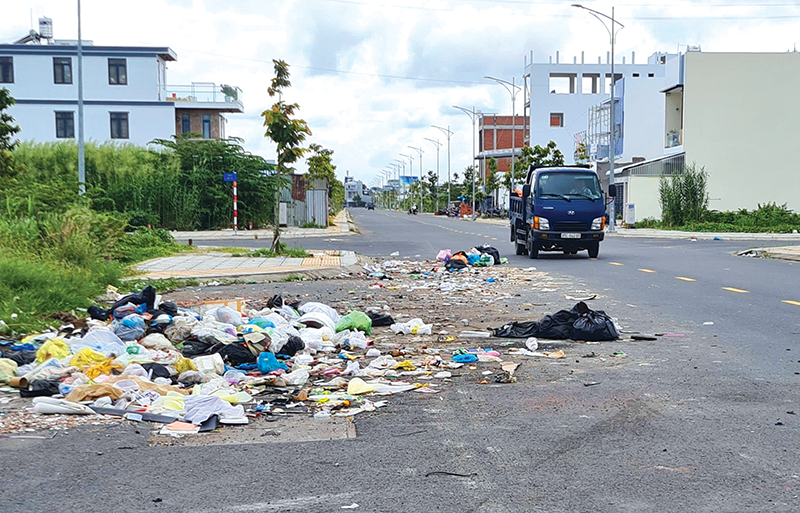
![[Photo] General Secretary To Lam attends the 80th anniversary of Vietnam's diplomacy](https://vphoto.vietnam.vn/thumb/1200x675/vietnam/resource/IMAGE/2025/8/25/3dc715efdbf74937b6fe8072bac5cb30)







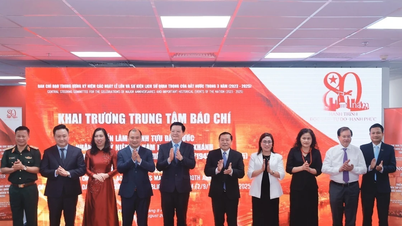

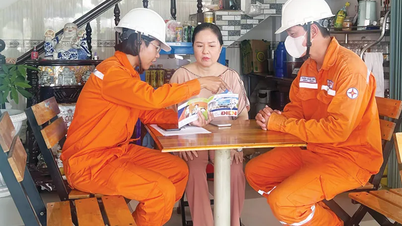
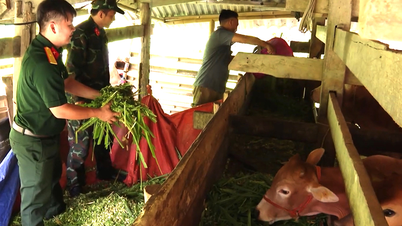

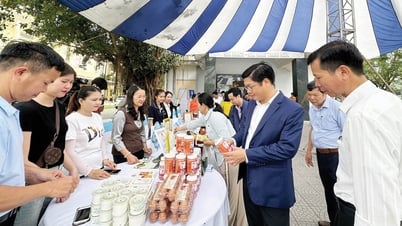



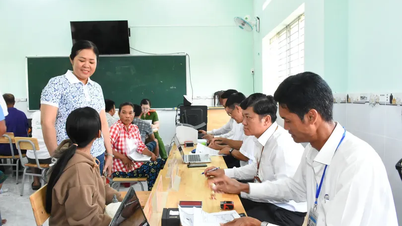
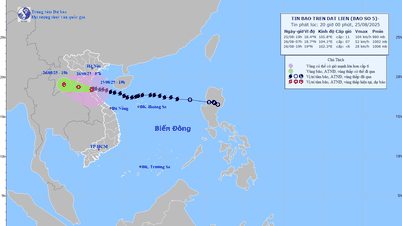



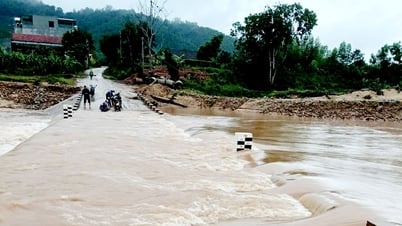

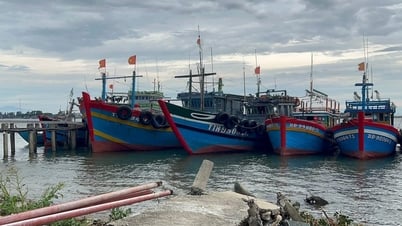




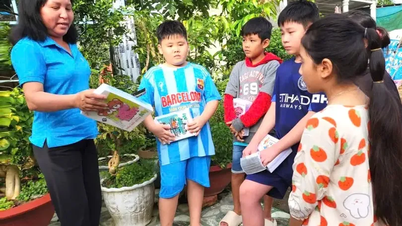
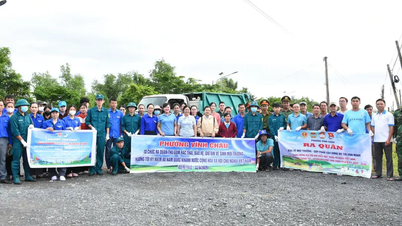



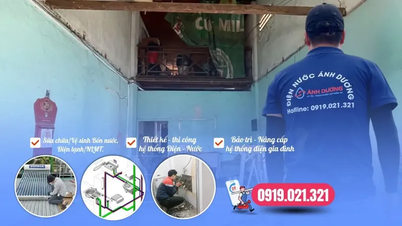

















































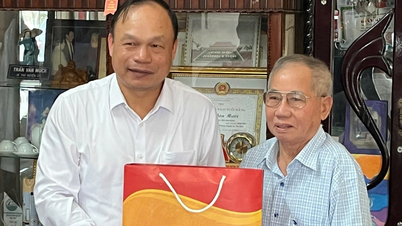
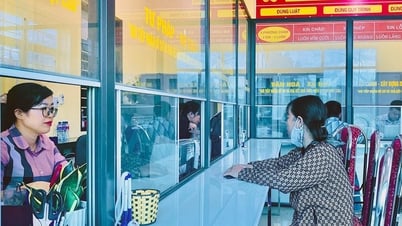

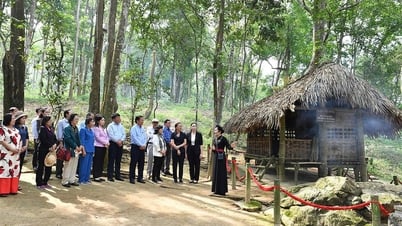
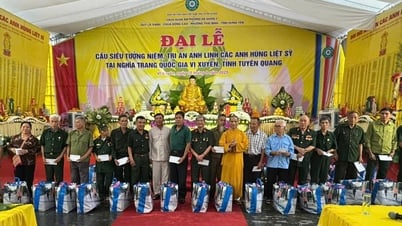
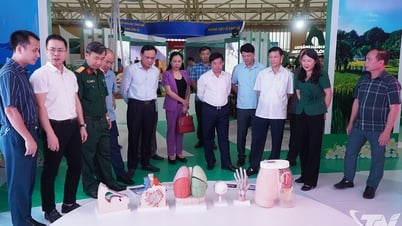













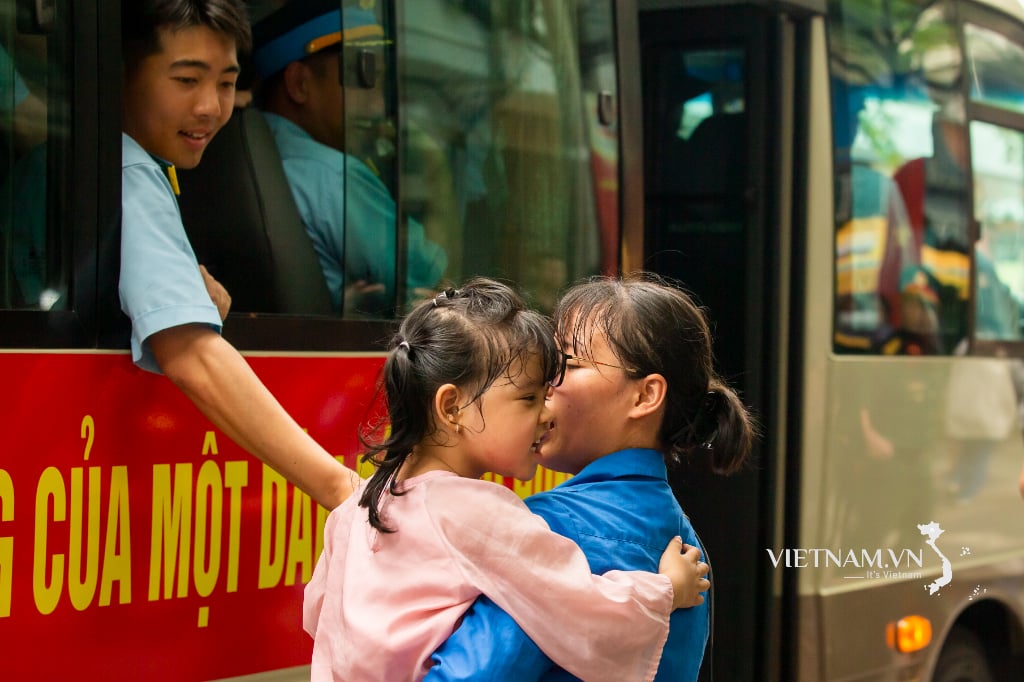


Comment (0)